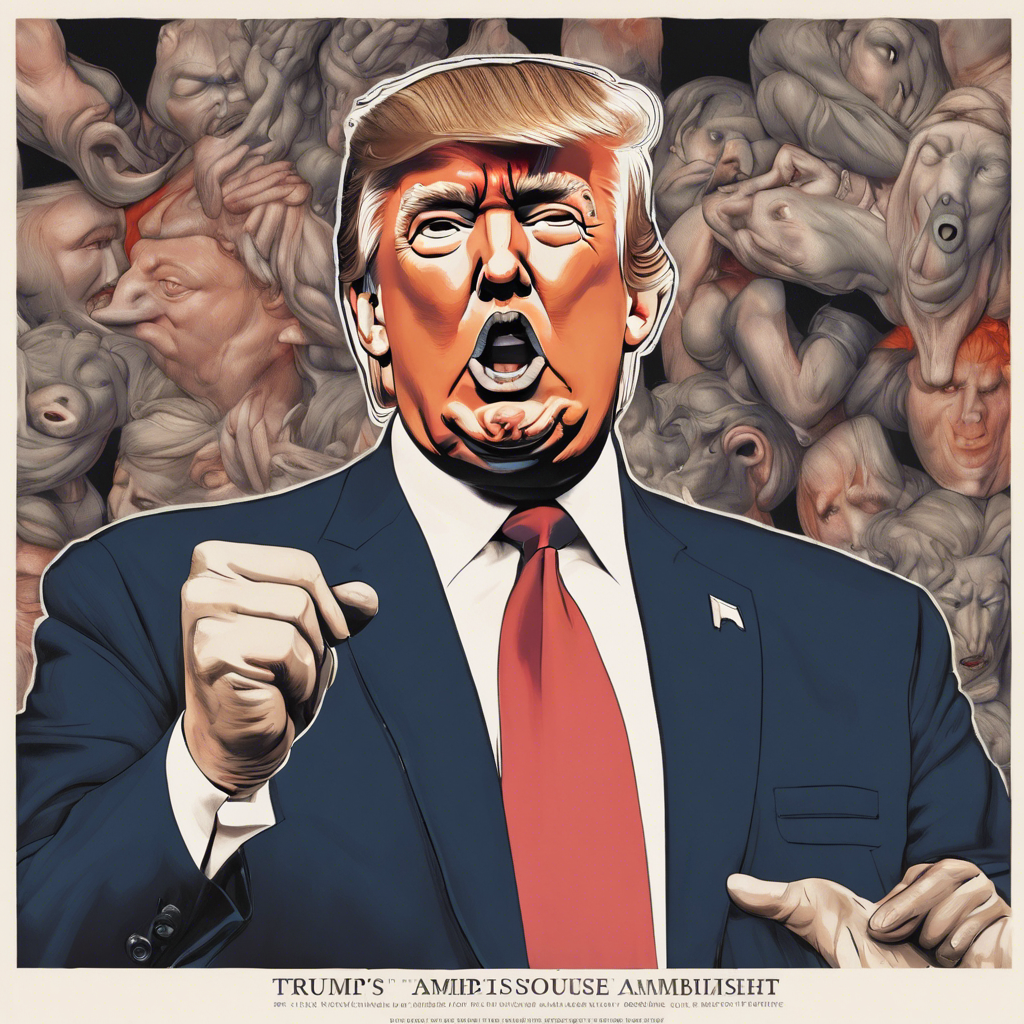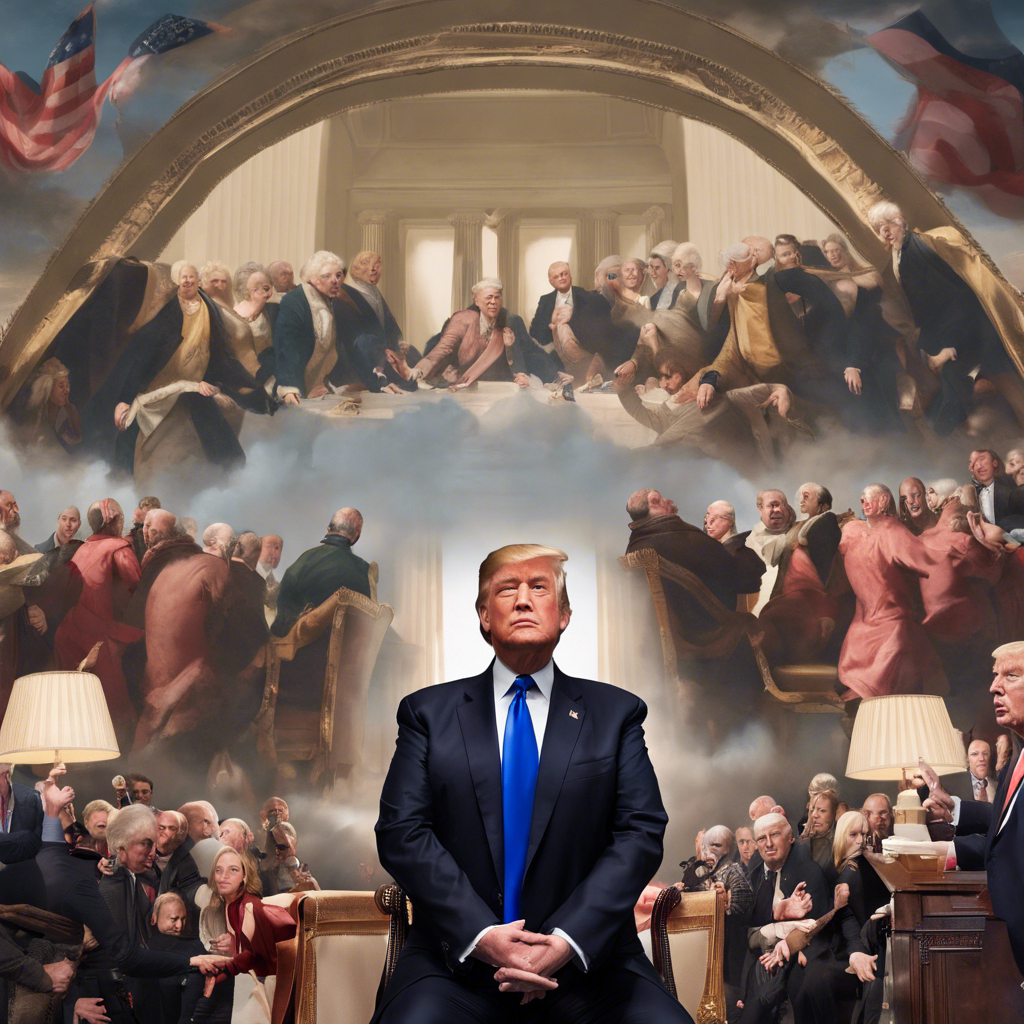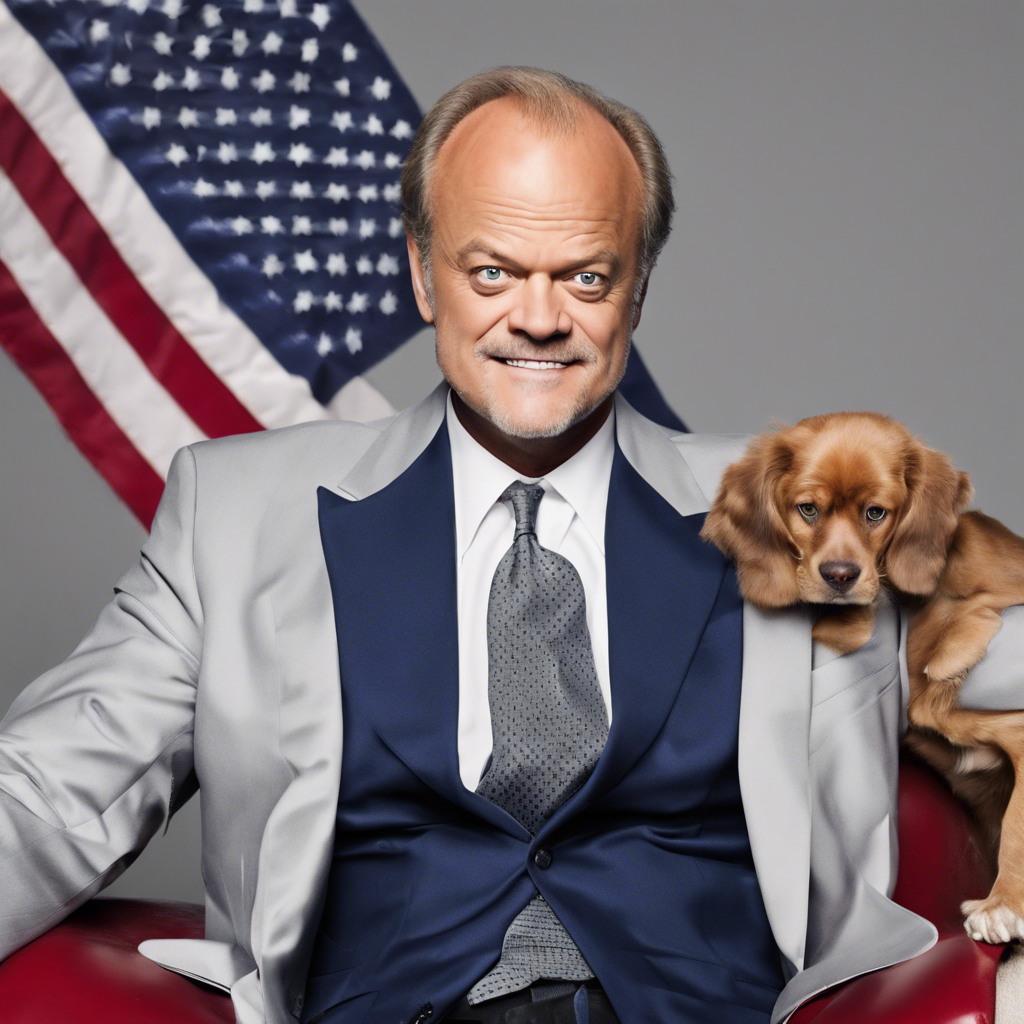The Marriage Dilemma: How Ideological Polarization is Impacting Relationships

The growing ideological divide in America is not only affecting politics but also the institution of marriage, with young Americans struggling to find suitable partners who share their values.
Ideological polarization has become a defining characteristic of American politics, with deep divisions and disagreements on various issues. This polarization extends beyond the political realm and is now impacting the institution of marriage. Young Americans, in particular, are finding it increasingly difficult to find suitable partners who share their values and beliefs. The ideological gap between men and women has widened, leading to a potential crisis in the realm of relationships.
The Ideological Divide
Since the election of former President Donald Trump in 2016, the percentage of single women ages 18-30 who identify as liberal has significantly increased. On the other hand, young men have become more conservative. This ideological gap is especially pronounced among Gen Z White people, with more White Gen Z women identifying as liberal compared to White Gen Z men. Norms around sexuality and gender are also diverging, with fewer Gen Z men identifying as feminist compared to Gen Z women.
The Personalization of Politics
In the past, political or ideological differences may not have had a significant impact on marriage rates. However, in today’s climate, the political has become personal. A survey of college students in 2021 found that a majority of Democrats would not consider dating someone with opposing views. This can be attributed to the increasing centrality of politics in people’s identities. Marriage across religious or political lines, especially when these factors are central to one’s identity, can lead to lower levels of life satisfaction.
The Marriage Dilemma
The growing ideological divide poses a dilemma for young singles. Approximately 1 in 5 will have little choice but to marry someone outside their ideological tribe or choose not to get married at all. However, data shows that marriage is beneficial for both individuals and societies in terms of health and overall satisfaction. While politically mixed couples may experience slightly lower levels of satisfaction compared to same-party couples, they are still likely to be happier than those who remain single.
Adapting to a New Normal
The marriage dilemma reflects a broader societal issue of whether people can adapt to the new normal of ideological and political polarization. Unfortunately, Americans have not equipped themselves to engage in meaningful discussions and debates across these divides. Increasingly, individuals are surrounding themselves with like-minded people, further reinforcing their own beliefs. This culture of seeking sameness, particularly prevalent on college campuses, sets young Americans up for disappointment as they expect others to share their convictions and commitments. However, true insight and understanding often come from considering alternative perspectives, even if they initially seem odd or offensive.
Conclusion:
The ideological polarization in America is not only impacting politics but also the realm of relationships, specifically marriage. Young Americans are facing a dilemma in finding partners who share their values and beliefs. The personalization of politics and the increasing centrality of political identity have exacerbated this issue. To adapt to the new normal of polarization, Americans need to foster a culture of open dialogue and a willingness to consider alternative perspectives. Only then can individuals navigate the challenges of finding love and forming successful relationships in an increasingly divided society.










